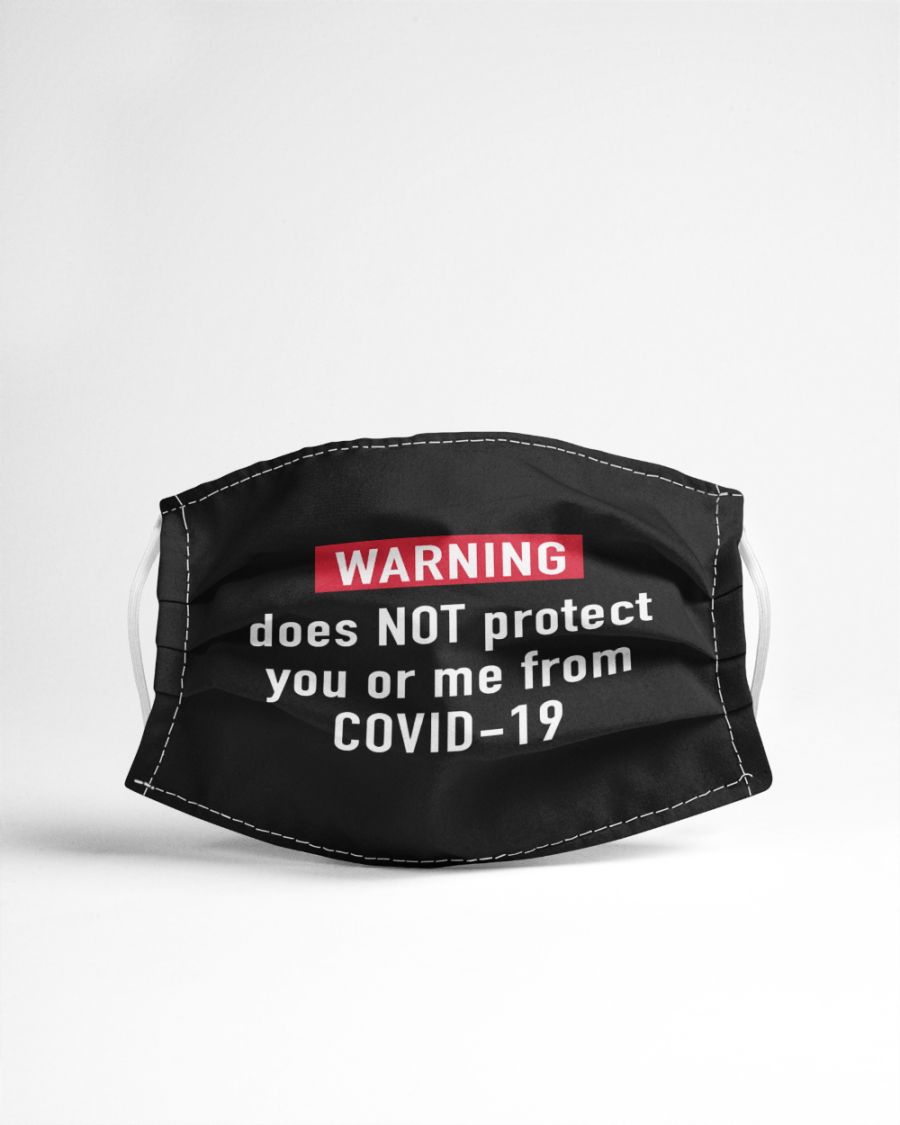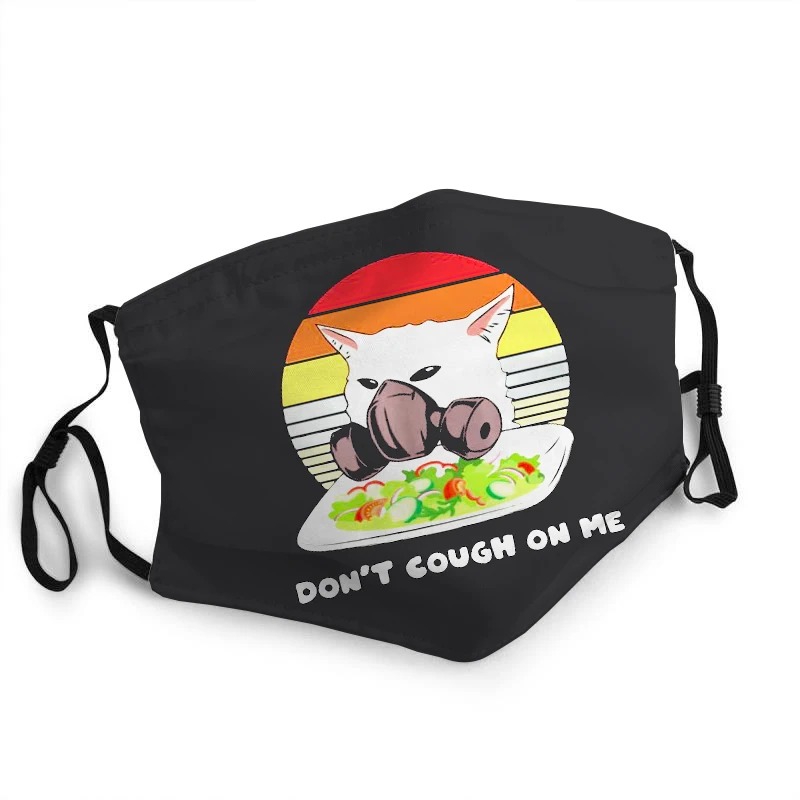Where to buy : MINZY Move Over Boys Let This Old Man Show You How to Fish Poster
Afterward, I’d wait for a blockmate working as a porter to wipe down a phone with bleach and water before letting me use it. I’d call my 75-year-old mom in Fort Lauderdale, who’d talk to me about her cat, her Parkinson’s and family gossip. Every time, I’d ask if she’d gotten the vaccine yet. She’d tell me she hadn’t. She didn’t bother to ask if I had.
At one point it seemed as if prisoners everywhere could be among the first in line for Covid-19 vaccines. In November, after the federal government announced their imminent arrival, the American Medical Association recommended that we be prioritized to receive them, along with others living in congregate settings where it’s difficult to keep people apart.
That made sense to me. Nationwide, at least one in five prisoners has tested positive as of December, according to the nonprofit Marshall Project, four times the rate of those on the outside. (I’m a contributing writer for the Marshall Project.) More than 2,500 have died, at twice the outside rate. The mortality rate for incarcerated New Yorkers is actually lower than for those outside prison, but incarcerated New Yorkers have tested positive at a higher rate. And it wasn’t only about protecting us. With staff members and visitors coming in and out all the time, those of us in here are part of the same ecosystem that you all out there belong to. Even if we can’t leave, the virus can.
Early in the pandemic, though, states started coming up with vastly different policies around vaccinating incarcerated people. California, Massachusetts and New Jersey made prisoners eligible early on. But by late January, New York officials still hadn’t announced any such plans, putting the state behind at least 27 others that had. The governors of Washington and Kentucky have each granted more than 1,000 commutations during the pandemic, lowering prison populations in the hopes of reducing transmission. Gov. Andrew M. Cuomo of New York has commuted only 31 sentences, though he has also released nearly 4,000 people early by other means.
Sometimes I heard about these developments from Michael Antinuche, who lives in a downstairs cell across from me, listens to NPR ad nauseam and had become obsessed with all things Covid. (He pronounces it “Cober.”) A rough 49-year-old gangster from Queens, raspy-voiced and round-bodied, Antinuche is serving 25 years to life for a conviction on murder, assault and weapons-possession charges. We call him Mikey Meatballs.
Meatballs is a hardened guy, but Covid, the invisible enemy, tormented him; he hoped to get out and see the daughter he’d never known as a free man. She was born two months after his arrest. Now she is an adult. Meatballs’s family sent virus statistics from the New York Department of Corrections and Community Supervision (DOCCS) to his tablet. He would stop administrators and question them about testing, tracing and, according to Meatballs, their decision to confiscate his masks on a recent cell search. He would suggest ways for them to run a safer prison. A lot of them struck me as pretty sound.
Ten days into the lockdown, I stopped by my buddy Samuel Goodman’s cell. Sam, who’s serving 10 years for robbery and assault, spent several hours a day doing porter work in the Sullivan infirmary, which was packed with patients who’d tested positive in random tests the prison was conducting. For about $3.75 a week, Sam stepped into a one-piece zip-up suit with a hood, put on an N-95 mask and face guard, then cleaned and mopped and passed out food trays in the four-man rooms housing those who had tested positive. People with worse symptoms stayed in isolation rooms. When Sam threw out the garbage, it went in a hazardous-waste bag.
Visit our Social Network: Pinterest, Blogger, and see more our collection.
From: Vietnamreflections store






